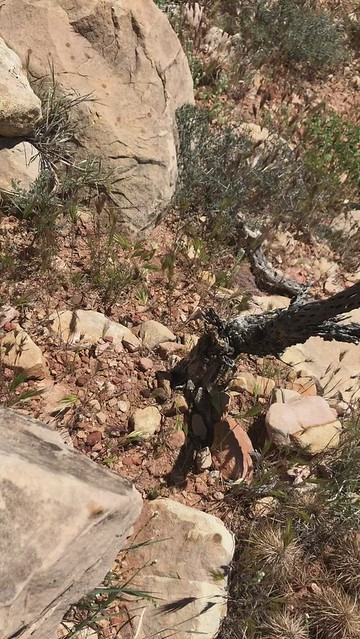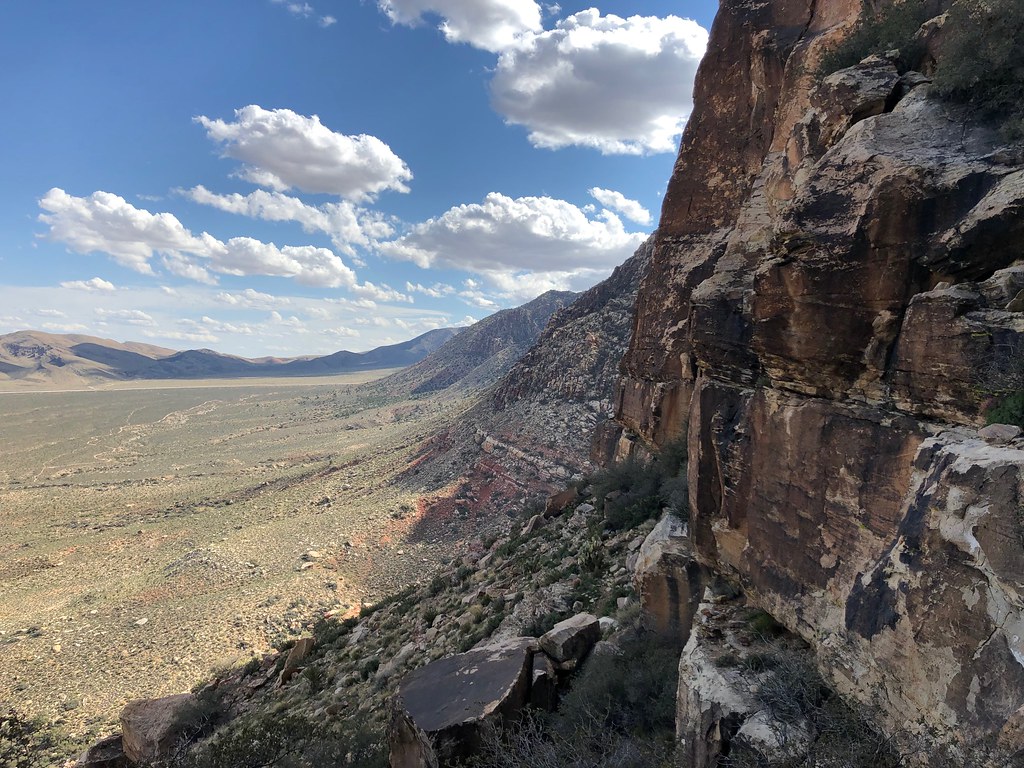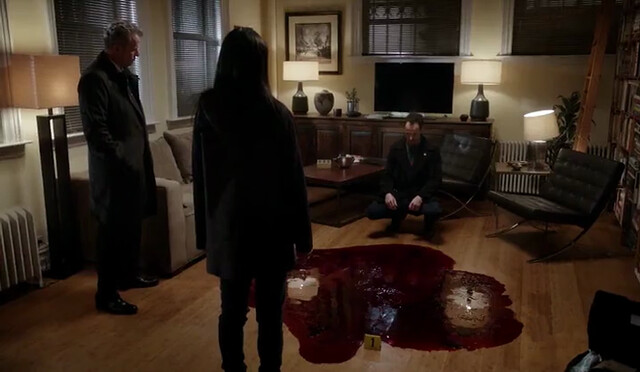Chris
Well-known member
Hi Folks,
I'm not sure how to start, but I will say that the people on this forum are wonderful. It's difficult for me to articulate what it's like to read everyone's thoughts and posts, but thanks.
That being said, I'm coming on on another valve replacement. I had my aortic valve replaced in 11/2011 (I was 41 y.o.) with a 21mm Carpentier-Edwards Magna valve (3000TFX). Life with it has been great, but I've stenosis and it's time for a replacement.
The medical group I go to seems to churn through cardiologists with some regularity. I've had four different ones in the eight years we've been here in Los Angeles. The doctor that I saw for my most recent echo (two weeks ago) was new to me at that visit. My AVA was 0.8cm2 and my peak post-valve velocity was 4.95m/s2. That was up from 3.8m/s2 in May of 2018.
He is recommending a valve-in-valve TAVR. I've an appointment with a surgeon on May 7th, who, my cardiologist thinks, will recommend the same thing. He explained his thinking as the TAVR will buy me X number of years before I have a second OHS, when I'll be older (I'm 49 now), and maybe they'll need to do some other work in there (bypass?). Aside from the valve, I am in good shape. 5'9" 160# and no other health issues. I cycle a lot, hike, and rock climb. Although I've laid off the cycling/heavy cardio since last Fall when I began to suspect my valve was really beginning to go downhill.
My current plan is to see the surgeon on the 7th of May and then see about seeing a different one for a second opinion. Since my current valve is 21mm, I wonder what size valve they'll be able to use with the TAVR. Same size (at best), or smaller, I imagine. I'd think that either way, considering my age and activity level, that valve isn't going to last me more than five or six years.
Part of me wonders if I should just have the second OHS now and get a mechanical valve so that I'm 'done' with this. I'd suppose that a mechanical would potentially last me thirty or fourty years (?), if nothing else gets me first.
If you've read this far, I thank you and would be happy to hear any and all thoughts you might have.
(Edit) And Pellicle, I've done a little reading on your blog followed a link from a different thread). Great stuff to chew on. Thanks for providing that.
I'm not sure how to start, but I will say that the people on this forum are wonderful. It's difficult for me to articulate what it's like to read everyone's thoughts and posts, but thanks.
That being said, I'm coming on on another valve replacement. I had my aortic valve replaced in 11/2011 (I was 41 y.o.) with a 21mm Carpentier-Edwards Magna valve (3000TFX). Life with it has been great, but I've stenosis and it's time for a replacement.
The medical group I go to seems to churn through cardiologists with some regularity. I've had four different ones in the eight years we've been here in Los Angeles. The doctor that I saw for my most recent echo (two weeks ago) was new to me at that visit. My AVA was 0.8cm2 and my peak post-valve velocity was 4.95m/s2. That was up from 3.8m/s2 in May of 2018.
He is recommending a valve-in-valve TAVR. I've an appointment with a surgeon on May 7th, who, my cardiologist thinks, will recommend the same thing. He explained his thinking as the TAVR will buy me X number of years before I have a second OHS, when I'll be older (I'm 49 now), and maybe they'll need to do some other work in there (bypass?). Aside from the valve, I am in good shape. 5'9" 160# and no other health issues. I cycle a lot, hike, and rock climb. Although I've laid off the cycling/heavy cardio since last Fall when I began to suspect my valve was really beginning to go downhill.
My current plan is to see the surgeon on the 7th of May and then see about seeing a different one for a second opinion. Since my current valve is 21mm, I wonder what size valve they'll be able to use with the TAVR. Same size (at best), or smaller, I imagine. I'd think that either way, considering my age and activity level, that valve isn't going to last me more than five or six years.
Part of me wonders if I should just have the second OHS now and get a mechanical valve so that I'm 'done' with this. I'd suppose that a mechanical would potentially last me thirty or fourty years (?), if nothing else gets me first.
If you've read this far, I thank you and would be happy to hear any and all thoughts you might have.
(Edit) And Pellicle, I've done a little reading on your blog followed a link from a different thread). Great stuff to chew on. Thanks for providing that.








 WindyCynProfile
WindyCynProfile WindyCynSelfie
WindyCynSelfie
